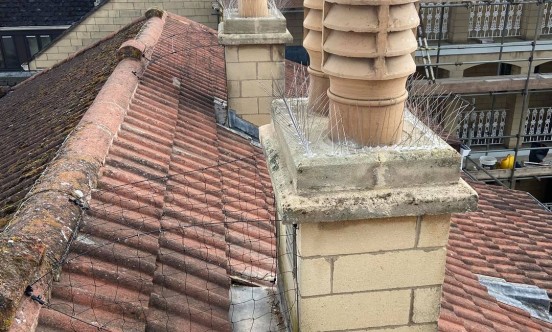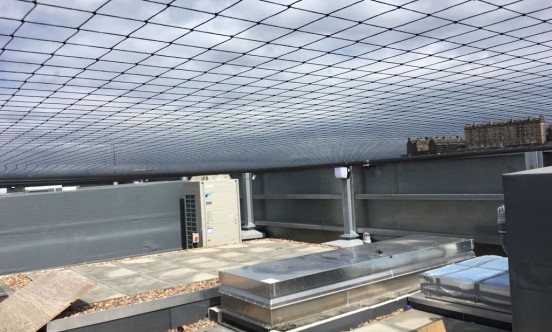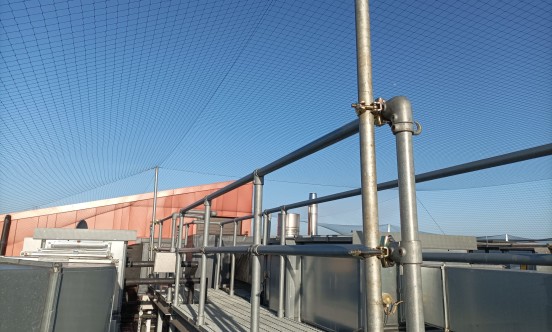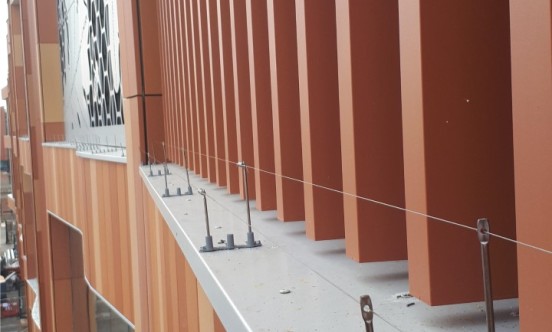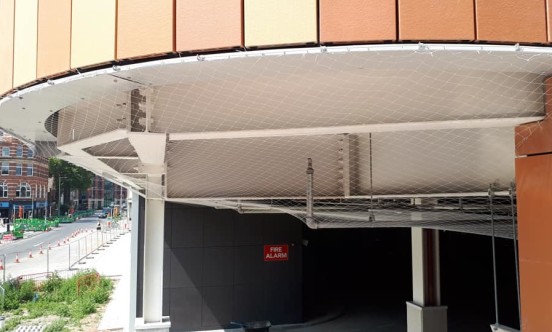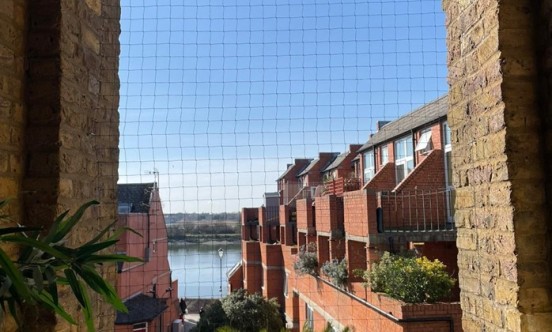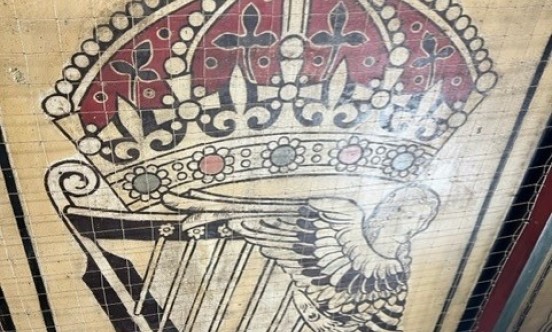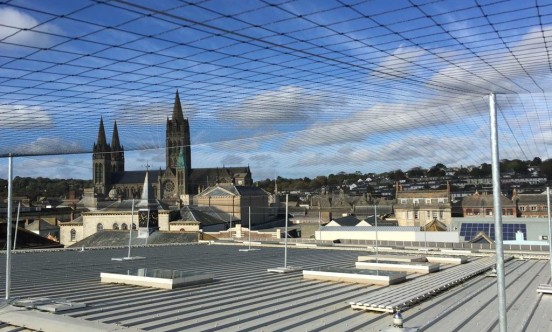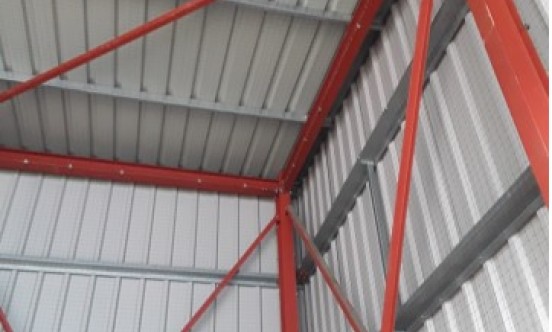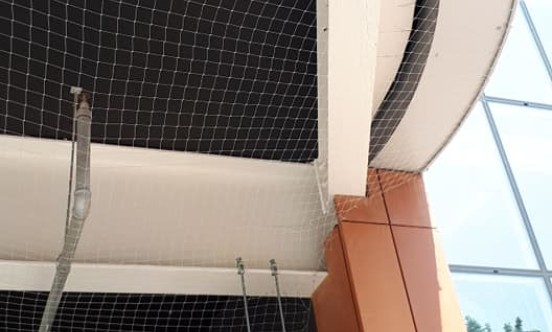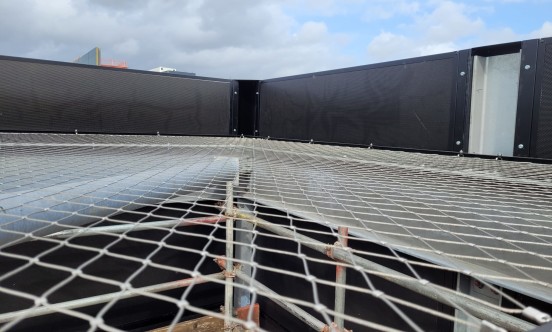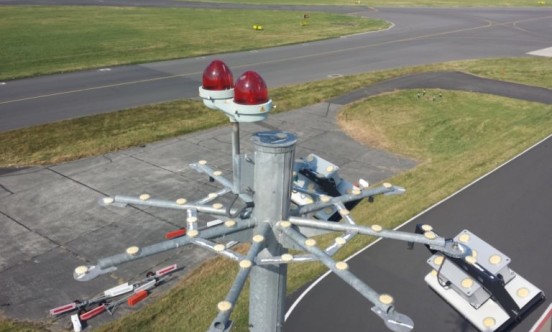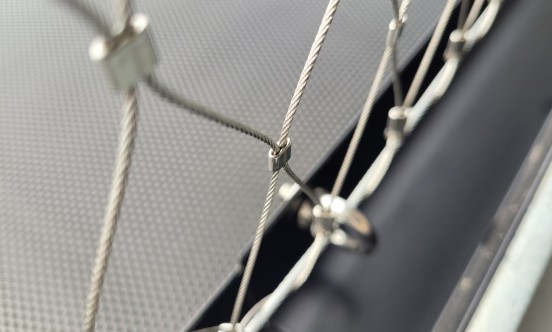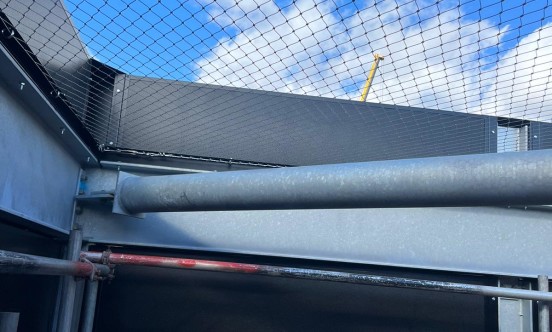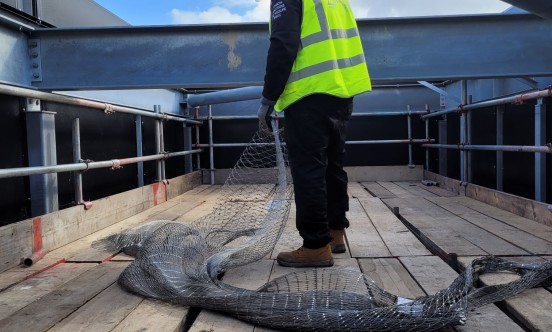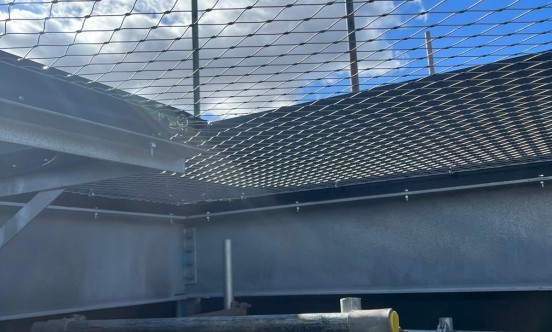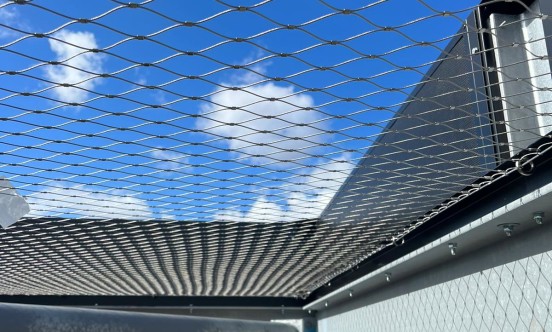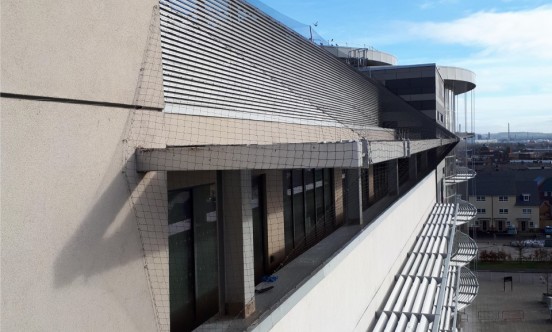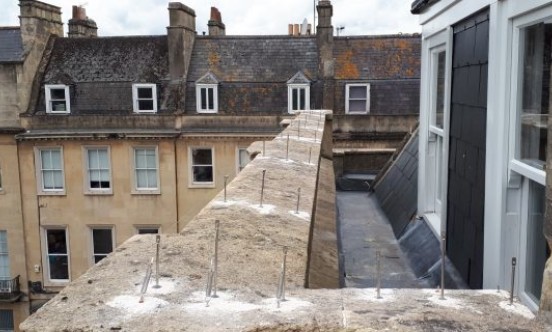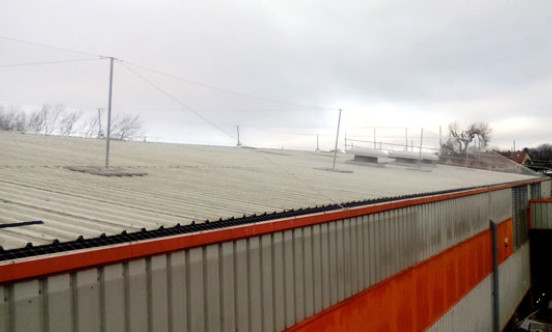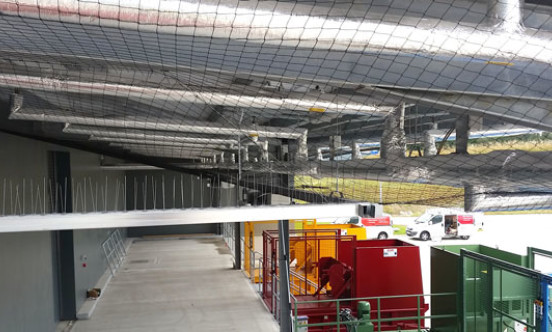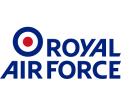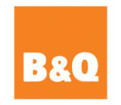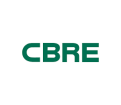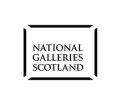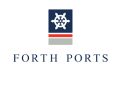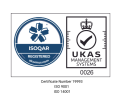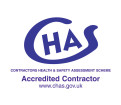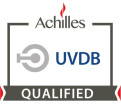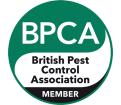
Call 0333 567 2020 for advice and quotes or contact us online
Gull problems at Cheveley Park Stud
Gallery
Proving gulls and horses don't mix!
Our expert gull control teams are frequently contacted by businesses to resolve conflict with birds and wildlife throughout the UK. Gull problems have been increasing in recent years due to the erosion of their coastal habitat. As natural scavengers, food sources created by human activity in urban areas are a temptation they cannot pass up whether its refuse or animal feed.
The main nuisance birds affecting Cheveley Park Stud were herring gulls and lesser black back gulls. Both types of gulls are known to be aggressive and often congregate in large flocks.
The problems caused at Cheveley Park Stud included:
- Gull guano contaminating food and water troughs
- The possibility of foal malnutrition. Foals were being chased from their feed by aggressive gulls
- The risk of horse and foal skin conditions caused by gull guano deposited onto the horses and foals
- Increased feed costs due to contaminated feed
- Increased medical bills for treatment of skin conditions
Project overview
Cheveley Park Stud is situated in Newmarket and is known to many as the ancestral home of horse racing. The stud is around 1,000 acres and home to eight top class stallions and is one of the most well-known, successful stud farms in Europe.
Cheveley Park Stud contacted us due to a major gull problem in the stud’s paddocks. The gulls had been feeding in and around the paddock areas and were a problem when the horses were being fed mobbing the staff and the horses.
Our solution
The challenges
Our bird control team worked to find the best possible solution to protect the site, horses, paddocks and feed. The problem was all the more challenging due to the proximity of a reservoir nearby acting as another attractant to increase gull activity. The water attracts the gulls to the area as the reservoir creates an ideal habitat. A challenge was the gulls’ behaviour at the morning and afternoon feed as they became aggressive and a risk for horses and the staff.
All birds are protected by the Wildlife and Countryside Act 1981 and different bird species have different levels of protection. One of the main protagonists at Cheveley Park was the herring gull.
In recent times the herring gull populations have declined and become endangered leading to them having ‘Red Status’ (high) protection. This has led to a positive increase in the populations but has unfortunately resulted in an increase in conflict with businesses and residents. Although necessary it does make the management of gulls difficult due to legal restrictions – this however is where our experienced and expert teams come into their own.
The solution
In order to protect the site and horses a gull management programme needed to be established quickly. The size of the site and the environment meant that traditional bird proofing methods would be impractical. The preferred and recommended method was to use hawks/falcons to deter the gulls from the site and away from the feeding areas and paddocks. Bird control using hawks or falcons is effective due to the gulls perceiving them as a threat. The presence of either will therefore alter their behaviour and deter the gulls from the area to protect the horses and foals over the summer period. This ensures they are in the best condition come September when horse sales commence.
We are delighted to report that the ongoing programme has been effective not only in protecting the horses, staff and paddocks but also in utilising a non-lethal method of gull control to help preserve the endangered gulls.
If you have a gull or bird problem and need advice, talk to your local NBC bird control specialists by calling 0333 567 2020.
